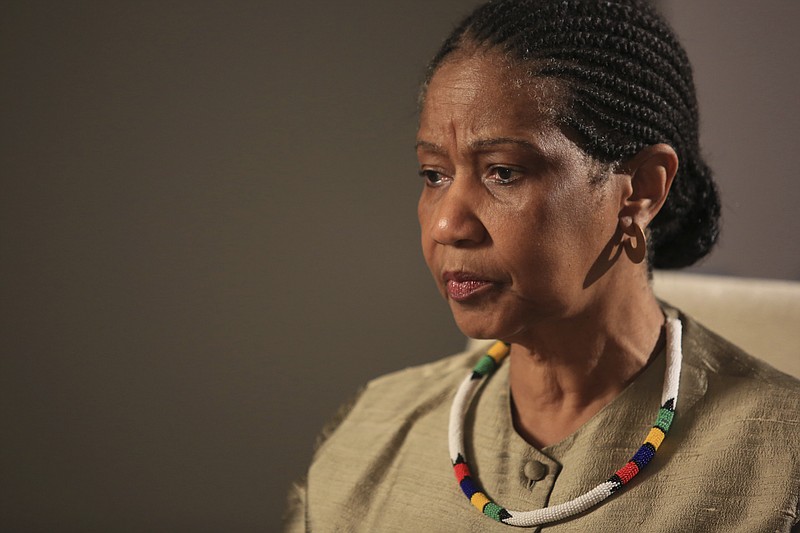SARAJEVO, Bosnia-Herzegovina (AP) — The top U.N. gender equality official said Tuesday that more must be done to combat discrimination and violence against women and girls that she said persists in every part of the world.
At the same time, U.N. Women’s Executive Director Phumzile Mlambo-Ngcuka expressed cautious optimism ahead of next year’s 25th anniversary of the conference that adopted the only international platform to achieve women’s rights and empowerment.
The 150-page platform was adopted by 189 governments at the 1995 Beijing women’s conference. Mlambo-Ngcuka said it pushed countries around the world to create a “gender machinery,” including specific laws and government bodies dedicated to addressing the issue.
“But we did not go far enough (and) as a result, right now, there is not a single country that has achieved gender equality,” she said.
Fighting violence against women “sort of got neglected,” she said, until a 2013 global study from the World Health Organization revealed more than a third of women worldwide were affected by the problem. She said men and boys need to be involved in the conversations to address the issue.
“You need leadership, leaders who are leading from the front and demonstrating zero tolerance,” she stressed, warning that “in the last few years we have seen a lot of pushbacks.”
Mlambo-Ngcuka also praised the #MeToo movement, saying she hopes it continues and dismissing any notion that it unfairly victimizes men. She said any backlash against the movement “just shows how much the world has not understood the pain of women.”
“But it is not a lost cause,” she said. “We have not lost the battle. It is a difficult one, but we have not lost it, not yet.”

